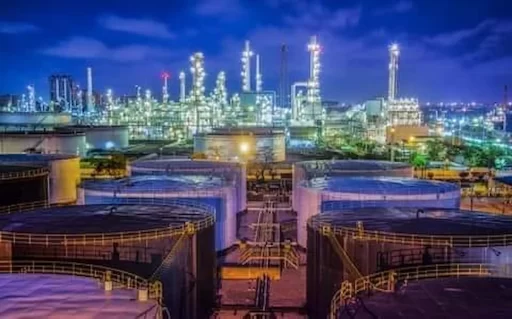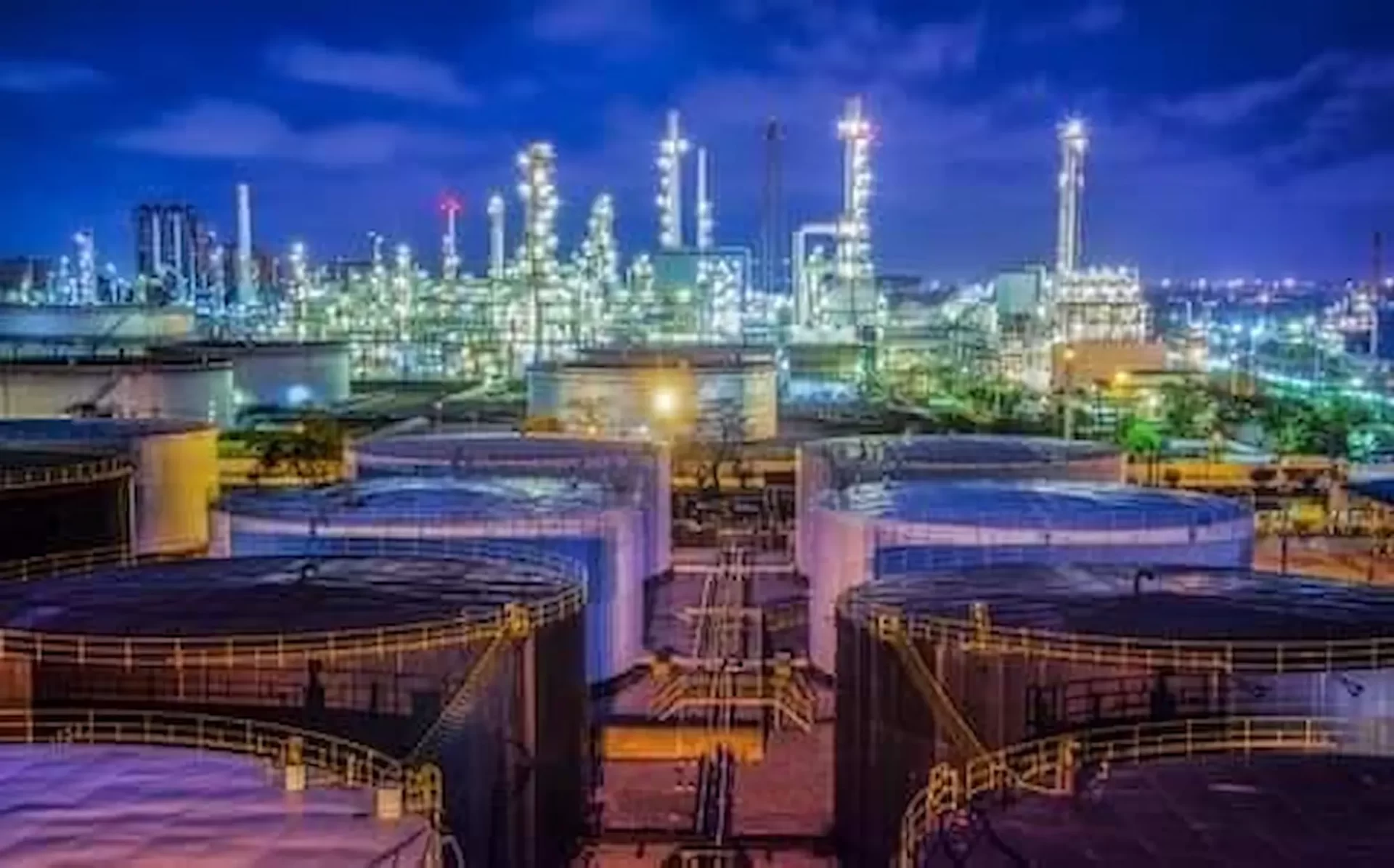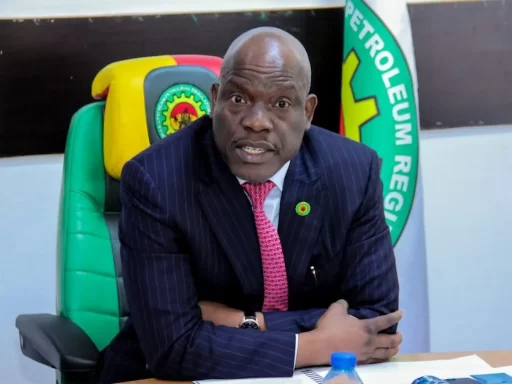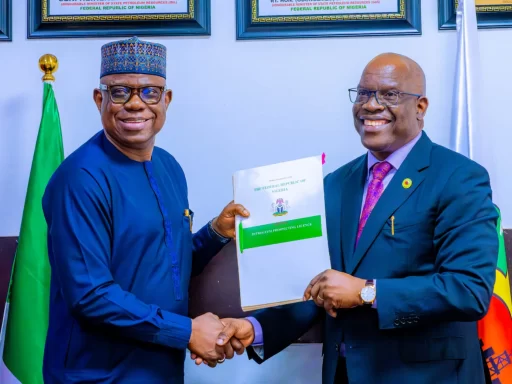Nigeria Reduces Oil Firms’ Cost-Recovery Cap to Boost Government Revenue
By NaijaEnquirer Staff
The Nigerian government has lowered the threshold for oil companies to recover operational costs, aiming to boost state revenue amid falling crude prices that threaten to widen the country’s budget deficit.
Under the new policy, companies operating under production-sharing contracts with the government can now claim a maximum of 70% of their expenses, down from the previous 80% ceiling, according to Bashir Ojulari, Group Chief Executive Officer of the Nigerian National Petroleum Company Limited (NNPC). He disclosed this during a media briefing in Abuja on Monday.
Ojulari stated that the adjustment will ensure a “continuous flow of production funds into the federation” while still providing a fair return on investment for contractors. The remaining 30% of costs, categorized as profit oil, will be shared between the companies and the government based on their existing agreements.
The policy will affect major international oil companies such as Shell, ExxonMobil, Chevron, and TotalEnergies, which operate deepwater offshore fields including Agbami, Egina, and Akpo—projects that contribute about one-third of Nigeria’s total oil output.
The decision comes as the International Monetary Fund (IMF) projects Nigeria’s fiscal deficit could rise to 4.7% of GDP in 2025, up from 4.1% in 2024, due to lower crude prices. The government had based its 2025 budget on an oil price of $75 per barrel and production of 2.06 million barrels per day, but current figures are below these targets.







